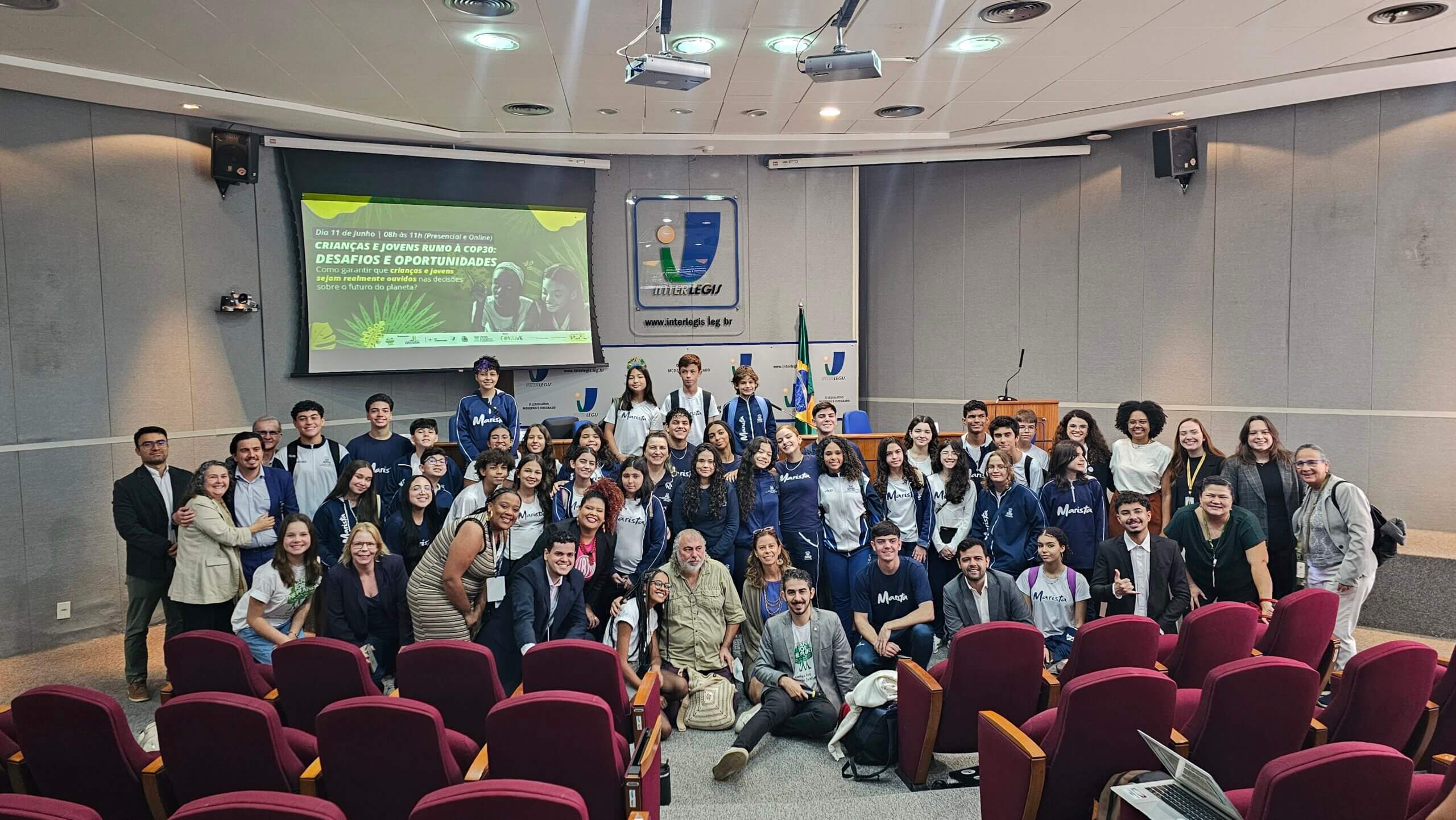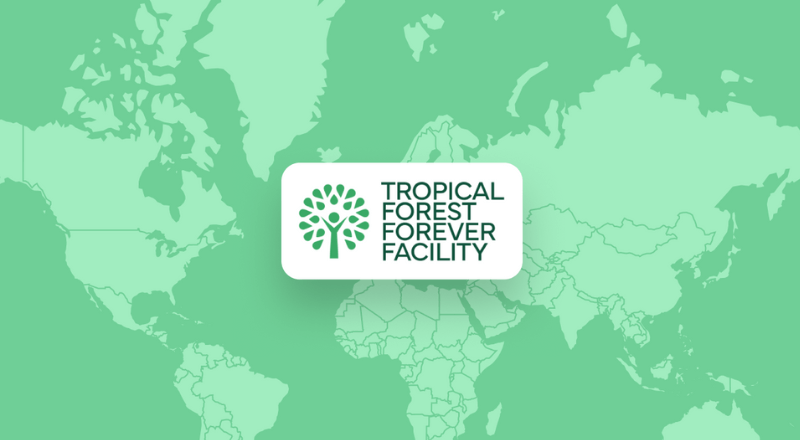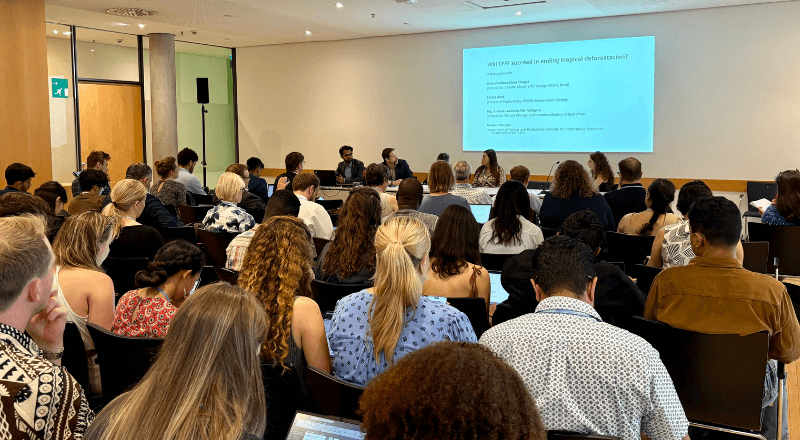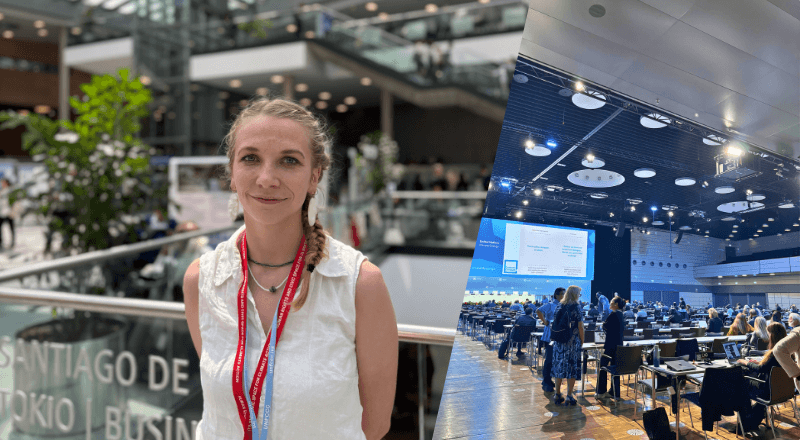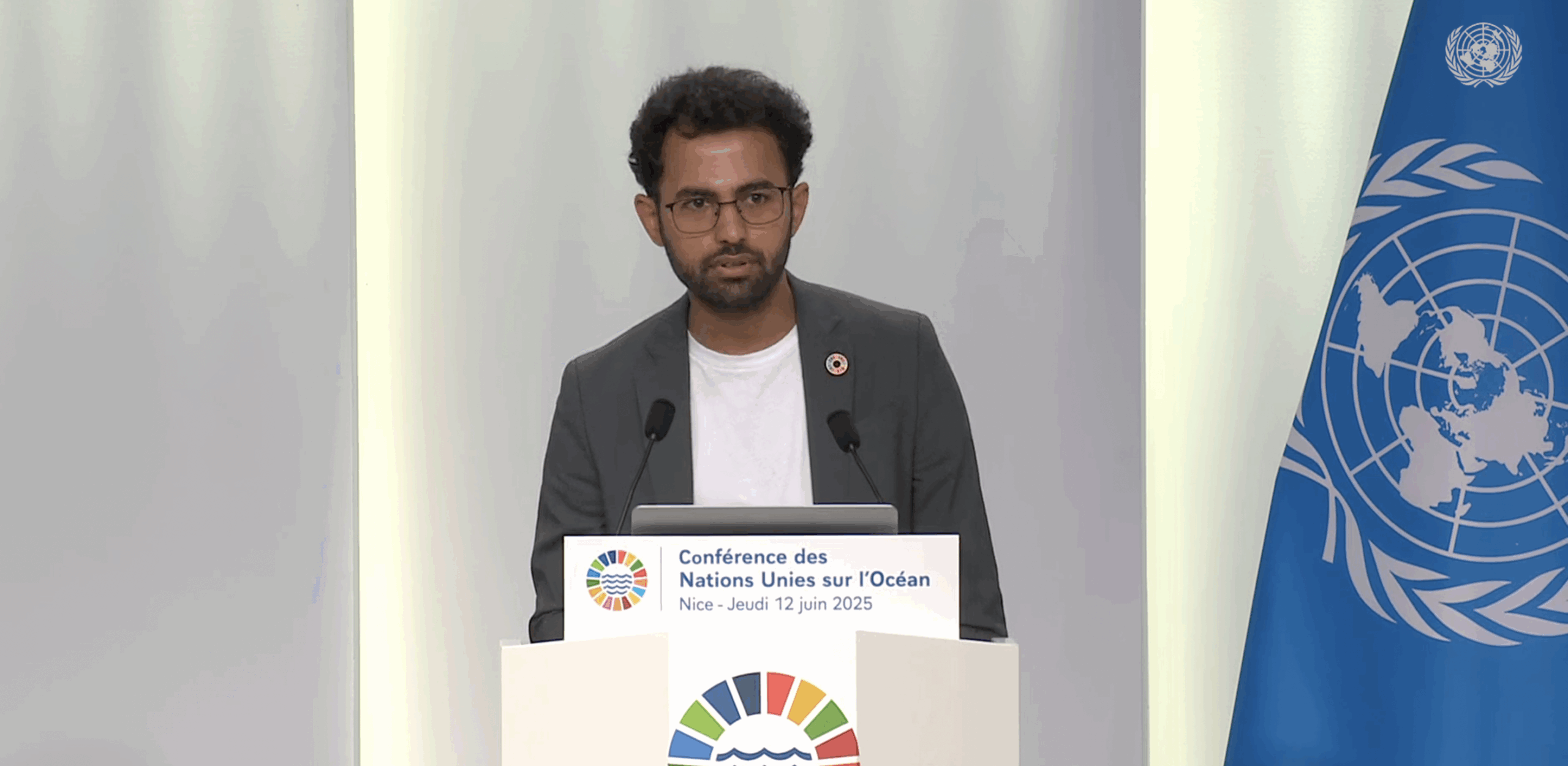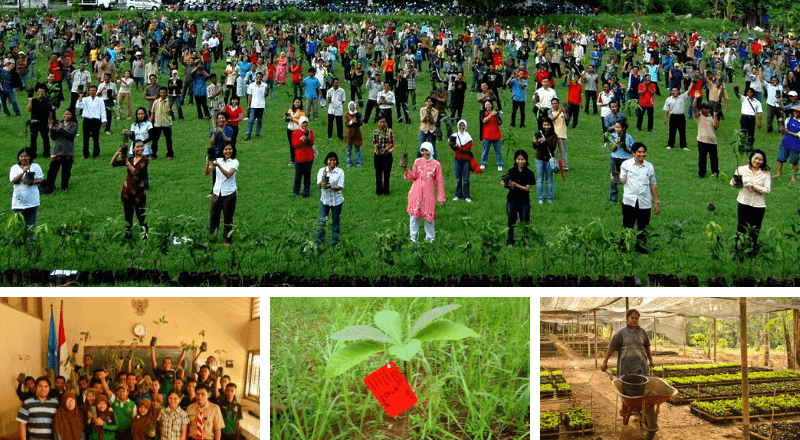
The non-profit organization Trees4Trees, founded in 2008, has set itself the goal to push forward reforestation in Indonesia and simultaneously help local communities.
One of the founders, Mark Schmidt further explains to us how to successfully do social forestry in Java Island, thereby creating job possibilities and building trust with local communities and partnerships.
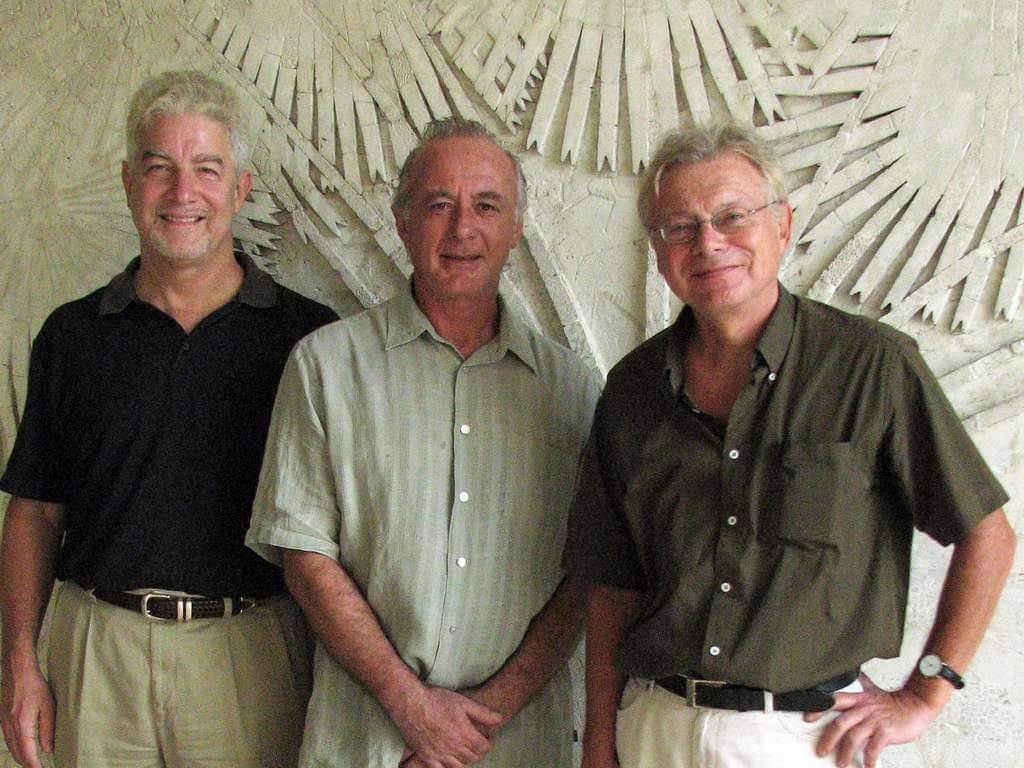
With the idea to give everybody a better understanding, we share here some edited excerpts from the interview.
Trees4Trees – when wood production becomes sustainable

Our journey started as furniture company owners. We saw that we were consuming a lot of wood in our factories and started wondering if anyone was replanting the trees. When we checked, we found that the answer wasn’t clear so we decided to do something positive to make sure the forests were being replanted. This is how we started our reforestation project in 2008. The idea was to plant two trees for every tree that is being used in the furniture factories.
Gladly, a lot of furniture factory owners joined us and we officially founded Trees4Trees as a non-profit organization. We have planted and helped grow trees ever since. These days we work with many companies in various markets who want to help the environment by planting trees. Individual donors are also an important part of our program and we try to make it easy for people to plant a tree. To give you a few numbers: This year, we are planting about 1.5 million trees. In the past, we have been planting a quarter of a million per million. Next year, we will be planting about 3.5 million and the following year about 5 million. With the help of some donations from a couple of big companies, we are able to continue to put our actions into practice. We hope that we can keep going at this pace and even accelerate. So, obviously, it depends on how many donations we receive. For us, here in Indonesia, every cent counts. Indonesia is one of the countries that have a lot of pressure on its forests so there is plenty of space for reforestation and much potential for further expansion.
To convince our partners like Plant-for-the-Planet and our donors that our project is reliable, we built a monitoring system to track and measure our reforestation projects. As we plant, our efforts strive for keeping high growth and survival rates and ensure our trees are doing well. A well-designed strategy is crucial for achieving long-term results.
Joining the Trillion Tree Campaign
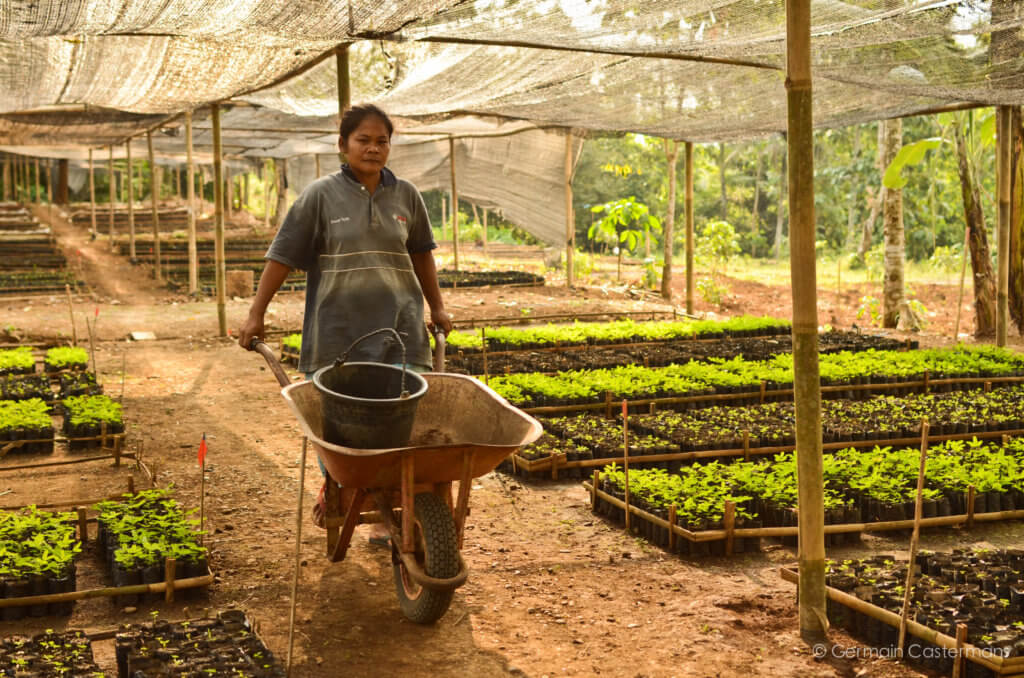
We were one of the early ones to join the Trillion Tree Campaign since we have been working with Plant-for-the-Planet for some years now. Our cooperation makes it possible to get further donations. We are proud to be part of this campaign as we find it transparent, and besides that, it also enjoys high credibility. We are always happy to be associated with other organizations that think alike.
Social forestry and environmental education
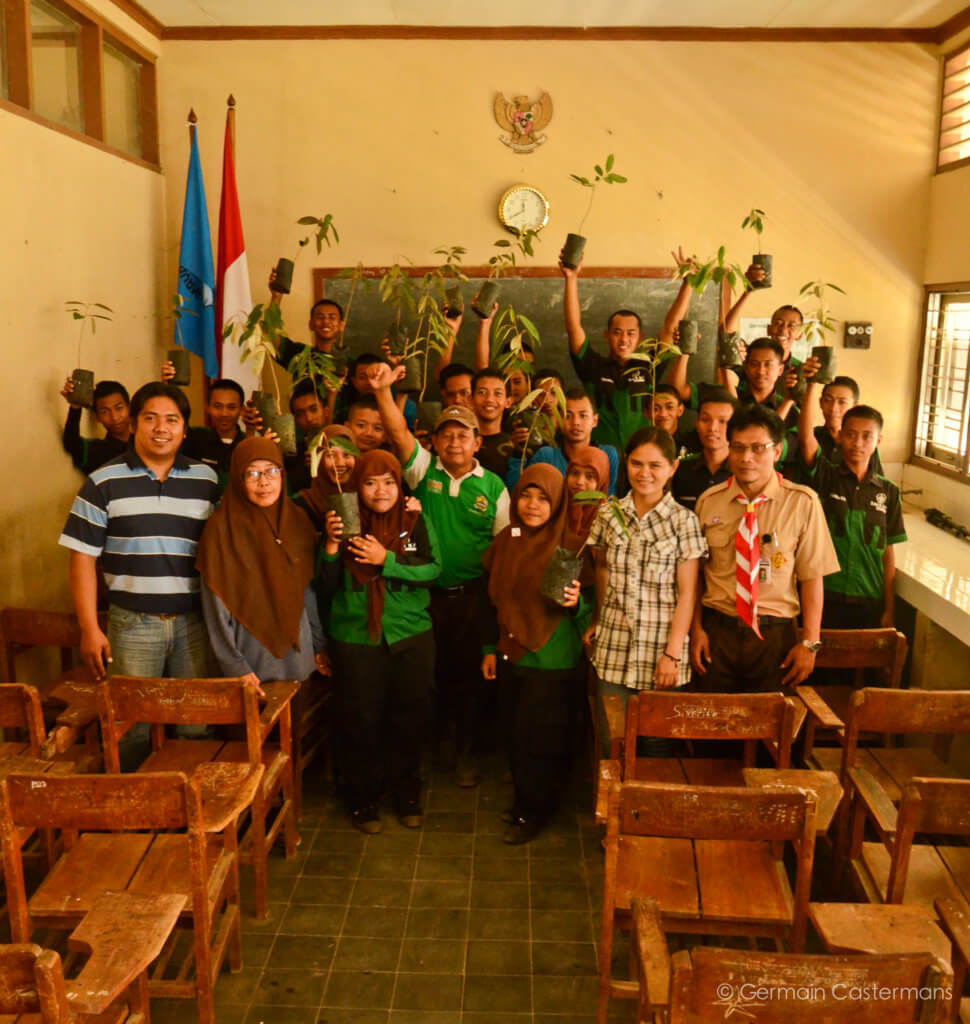
We do almost 100 percent social and community forestry. It means that almost every area (~ 98%) on which we plant until now, are community forest plantations with the land belonging to local farmers. Ultimately, these farmers decide how and which trees will be planted in their spaces. This is important. It is their land, and they are the ones that will take care of the trees, own them, and eventually receive the benefits from them.
There are several motivations for farmers to grow trees. For instance, they are motivated by economic reasons such as producing fruit or timber to make a living and give the local people a chance to earn an income from that. Others are planting to control erosion, especially at the seaside. Another good idea is to plant more trees around fish farms which hopefully will help to clean them up, provide habitat for young fishes, and at the same time supply other peripheral benefits.
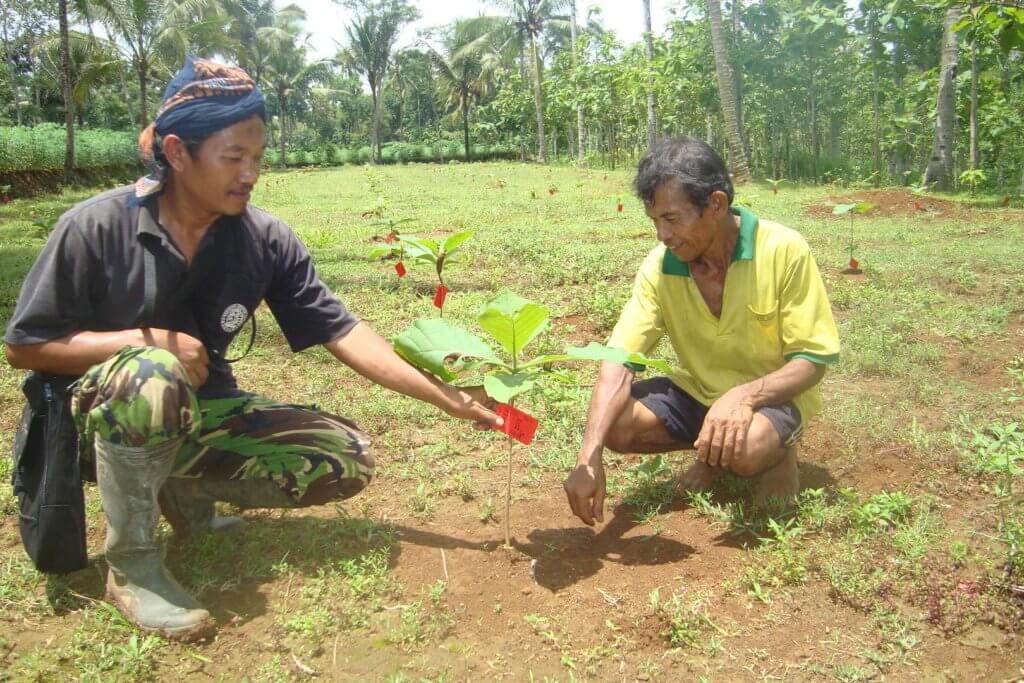
Our organization offers tree farmers useful education about proper forestry methods and helps them to find channels for their products. This ultimately improves environmental conditions and rewards their efforts in the long run. In the end, it remains always their decision to make use of it and choose which kind of trees they would like to grow for particular purposes on their private lands.
Creating credibility and empowering local communities
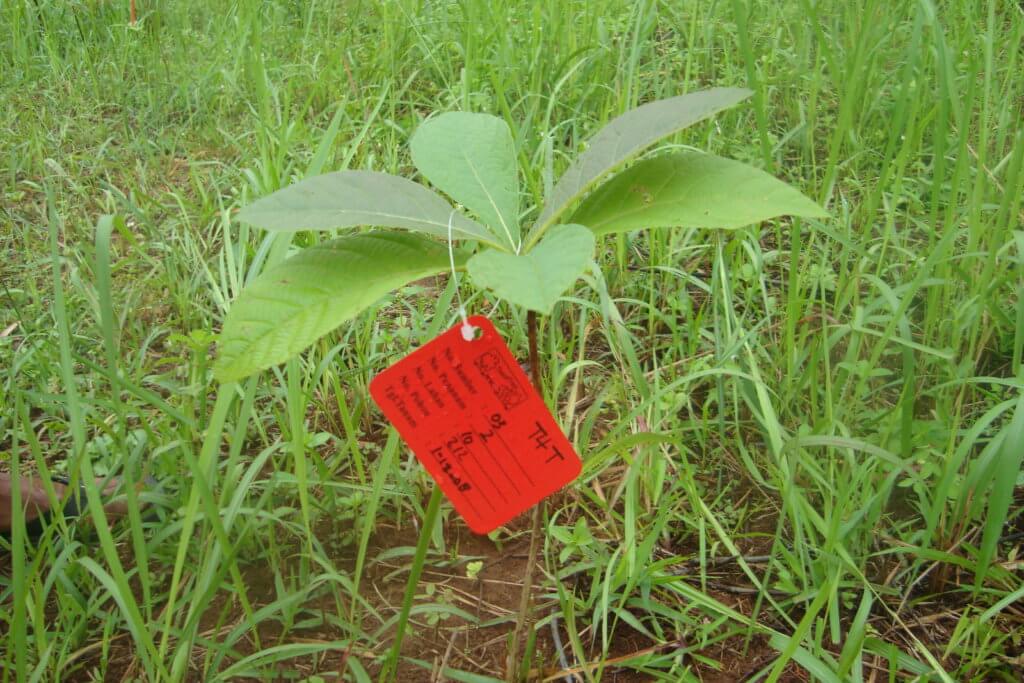
Creating credibility about who we are and what we do in order to work together with local communities remains one of the biggest challenges for us, but we are working on it.
As I said before, we do social forestry. This concept really works in Indonesia, particularly because it is a crowded place. There is very little land here that is not owned or controlled by somebody. Therefore, we want to demonstrate to locals that planting trees brings positive environmental, economic, and social improvements. Giving advice is not a bad thing, but there is something we must all understand: Local farmers will typically not plant any trees unless they can benefit from it. They are economically poor farmers who must rely on their work for subsistence. They are not inclined to do things on their land that do not lead to improving their livelihoods. Smallholder farmers are highly dependent on the production from their land for their family’s basic livelihood. This makes them understandably cautious about doing new things. It takes time to build trust.
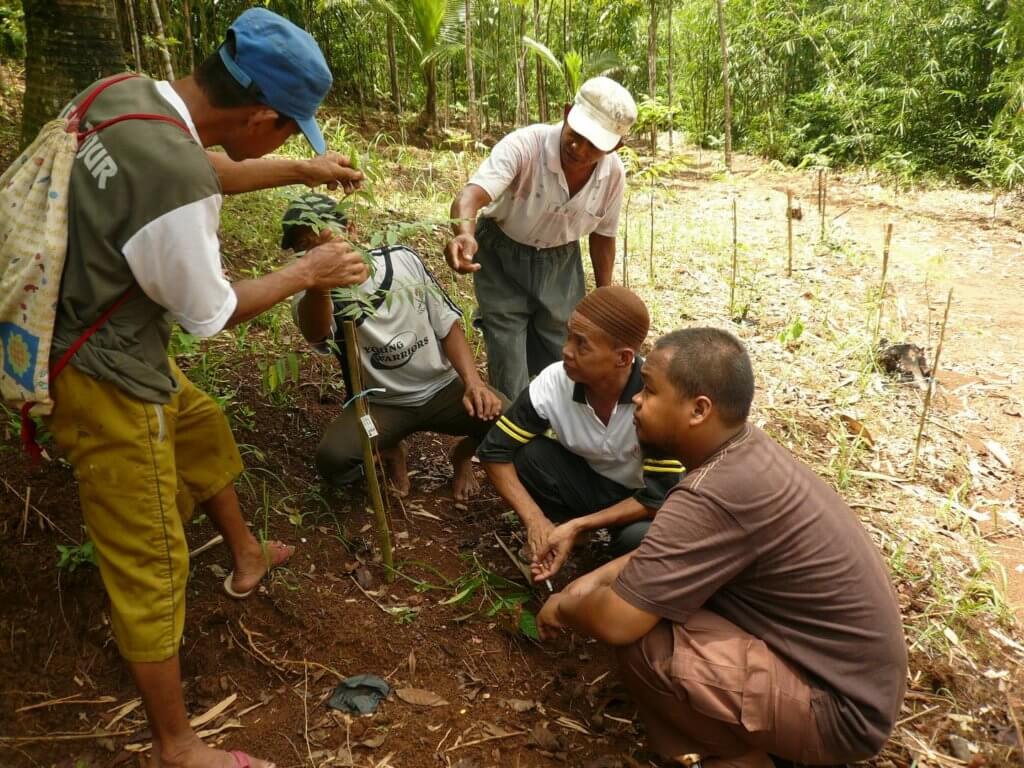
Fortunately, as we made progress with our work, locals started to trust in our actions. They saw the changes and enormous potential that reforestation brings with it. Usually from the second year working in a new area, people start coming to us wanting to collaborate. We are now an established organization with lots of local partners. As part of the Tree Trillion Campaign, we are looking forward to reaching out to more people and giving them a chance to know more about us, as well as support our beautiful Islands and diverse communities.
VisitTrees4Trees to learn more.
